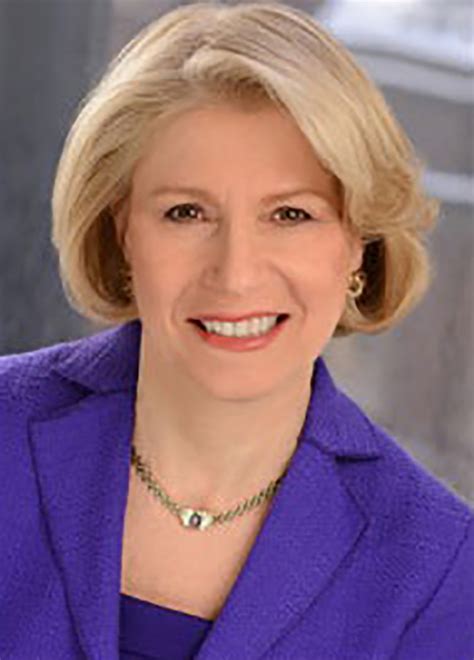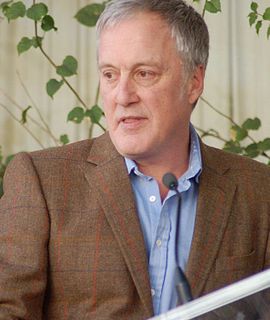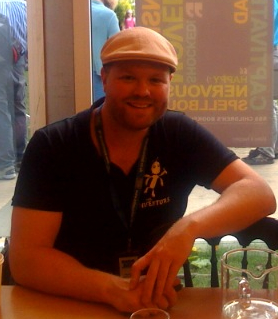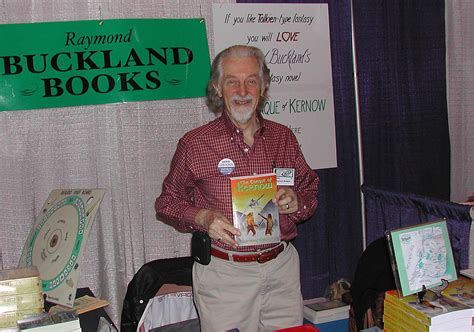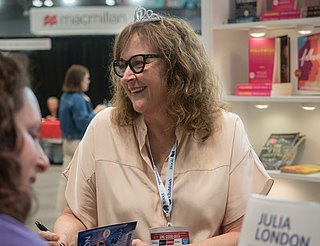Цитата Нила Шустермана
Прежде чем я начну, я обманываю себя, думая, что знаю, что произойдет в этой истории, но у персонажей есть свои собственные идеи, и я всегда придерживаюсь их выбора. Большую часть времени я обнаруживаю сюжетные повороты и направления, которые лучше, чем то, что я изначально планировал.
Связанные цитаты
Писатель всегда должен оставлять место для роста и изменения персонажей. Если вы перемещаете своих персонажей от точки сюжета к точке сюжета, например, рисуя по номерам, они часто остаются фигурками. Они никогда не будут жить своей жизнью. Самое интересное, когда вы видите, что персонаж делает что-то неожиданное или незапланированное. Как персонаж, говорящий мне: «Эй, Ричард, ты можешь думать, что я работаю на тебя, но это не так». Я сам по себе.
Я думаю, что на каком-то уровне это просто алхимия, которую мы, сценаристы, не можем объяснить, когда пишем персонажей. Я не собираюсь создавать персонажей — для меня они не набор причуд, которые я могу собрать. Вместо этого я открываю персонажей. Обычно я сначала отвечаю на стандартный набор вопросов на собеседовании с персонажем и задаю жизненно важные вопросы: что для вас важно? Что вы любите? Ненавидеть? Страх? .. и тогда я знаю, с чего начать. Но персонажи просто растут сами по себе, в определенный момент. И начинай меня удивлять.
Правильно выбранное усложнение должно дать вам выбор. Жонглирование выбором для ваших персонажей — это то, что делает написание забавным, в конце концов. Если вы обнаружите, что боретесь с черновиком больше, чем следовало бы, возможно, у вас закончились интересные варианты или вы дали себе слишком мало вариантов для начала. Вернитесь к усложнению, усложните его и начните сначала.
Знакомство с вашими персонажами гораздо важнее, чем сюжет. Проработка каждой детали вашей истории заранее, особенно когда вы еще не знаете своих главных героев, всегда кажется слишком похожей на игру в Бога. Вы прорабатываете жизнь своих персонажей, их судьбу, прежде чем они узнают, кто они и какими людьми хотят быть.
Это был действительно интересный сериал [Threshold], который, я думаю, был бы действительно замечательным, если бы он получил продолжение. Я знаю, что у Брэннона Браги, руководившего шоу в то время, было много действительно интересных идей о том, что должно было произойти во втором, третьем, четвертом и пятом сезонах, и они действительно спланировали, что должно было произойти. на. Но CBS просто решил вытащить вилку из розетки.
Крис Клермонт однажды сказал об Алане Муре: «Если бы он мог заговорить, нам всем пришлось бы собраться вместе и убить его». Что совершенно упускает из виду самую убедительную часть письма Алана, то, как он развивает и выражает идеи и характер. Сюжет не определяет историю. Сюжет — это структура, в которой исследуются идеи и раскрываются личности и отношения.
Я не делаю весь фон и построение мира до того, как начну историю. Что я делаю, так это работаю над тем минимумом, который мне нужен для начала истории, и часто это действительно минимум — это персонаж в ситуации, и я ничего не знаю о персонаже, я ничего не знаю о ситуации, а затем Я долго думаю об этом и делаю заметки о том, куда, по моему мнению, пойдет история, и так далее, но на самом деле я не делаю заметок о предыстории, магической системе или мире.
Я нахожу, что я намного медленнее в начале книги. Я думаю о сюжете, о персонажах, о том, кто они и куда идут. Я часто выбрасываю большую часть того, с чего начинаю, потому что персонажи и сюжет улучшаются по мере того, как я пишу. Или, возможно, я должен сказать, что надеюсь, что они улучшатся, когда я пишу.

